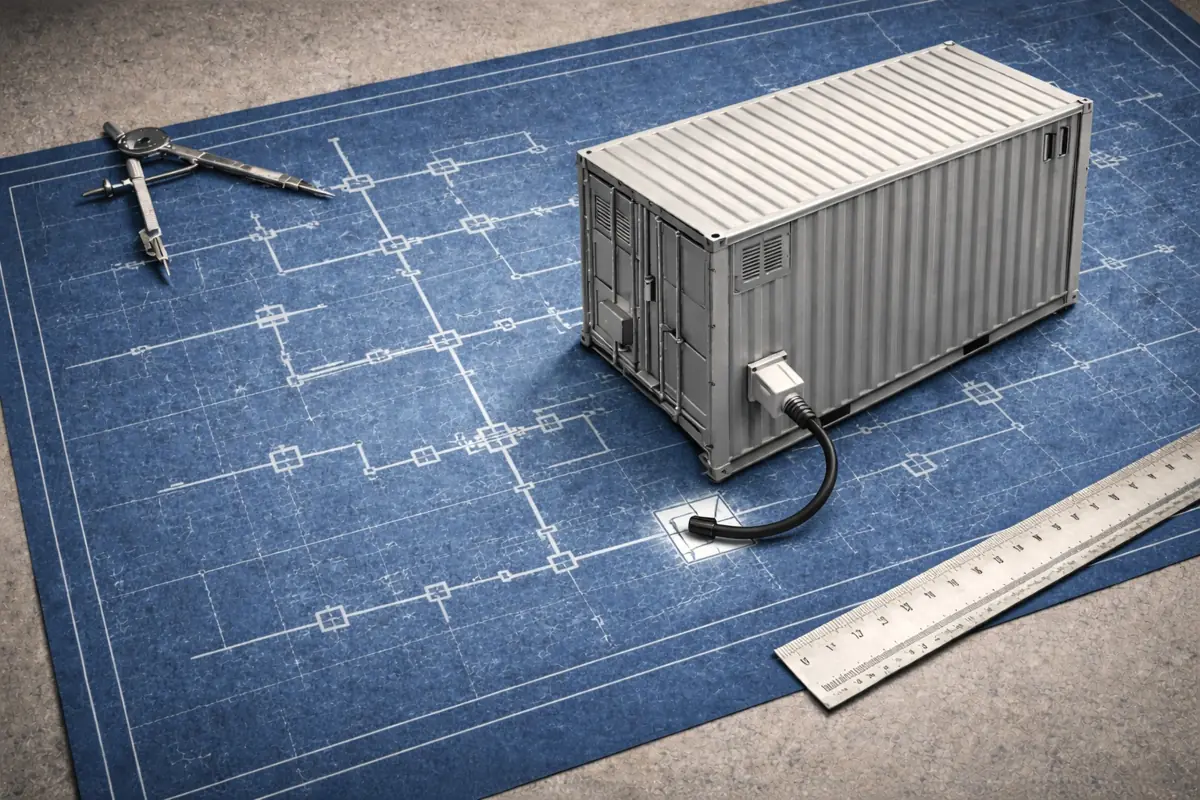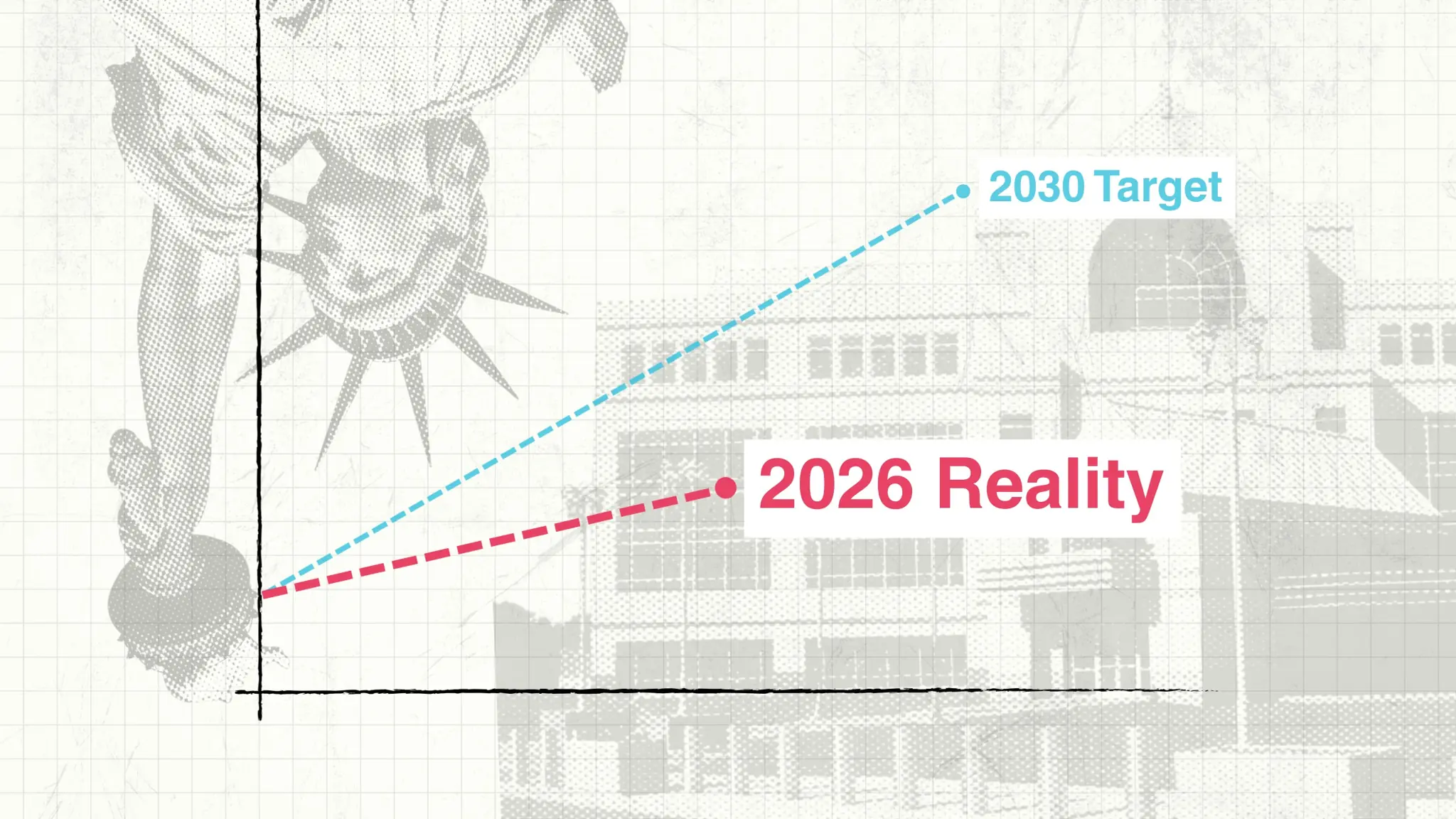Day-ahead STOR: What’s new?
Day-ahead STOR: What’s new?
The Short-term Operating Reserve market (STOR) has been changed to a day-ahead market. Here we take a look at how things have evolved and how the new service works.
Why did National Grid need to change STOR?
This story starts like most great stories, with the introduction of a new pan-European, legislative framework: the Clean Energy Package (CEP). The CEP set out several directives required to meet decarbonisation targets and ease the energy transition along. Whilst covering a variety of different topics, two particular points often come up when discussing balancing services and flexibility:
Article 6(4) - All balancing products shall be procured using pay-as-clear pricing.
Article 6(9) - All balancing capacity shall be produced less than 1 day before delivery.
The old STOR product (a pay-as-bid tender for capacity up to 24 months before delivery) was incompatible with these CEP directives. Following a consultation at the start of 2021, National Grid ESO finalised the terms of the new Day Ahead STOR service, which launched on April 1st 2021.
What’s changed?
There are 3 big changes to the new STOR auctions:
Day-ahead procurement;
Pay as clear pricing; and
Real-time utilisation pricing.
1. Procurement: day-ahead
The big change with the new STOR is day-ahead procurement. Previously STOR was procured over 3 tender rounds a year with contracts lasting up to 2 years. Now, contracts span just a single day, with auctions every morning at 5 am. Bid submission opens 8 days before delivery.
2. Pricing: pay-as-clear
The old STOR was pay-as-bid (providers were paid their bid price). The new STOR will pay everyone the same market-clearing price.
We also expect to see a price cap in force for the auctions, similar to NGESO’s latest frequency response product, Dynamic Containment.
3. Payments
Bids into the new auction will no longer include a utilisation price anymore, meaning providers don't have to lock in a utilisation remuneration season out. Instead, this will allow providers greater pricing flexibility for delivery energy and be more reflective of prevailing market conditions.
Other things to consider
Assets with active network management (ANM) clauses in their connection agreement will be excluded from the new STOR auctions. While STOR providers can appeal this decision, this is dependent on DNOs demonstrating suitable levels of availability to NGESO.
If you’d like to find out more about day-ahead STOR, contact one of the Modo team.







